If you want a test for multiples of fives
switch currentIndex {
case let x where x.isMultiple(of: 5): // multiples of five here
default: // if you reach here, every value not divisible by five
}
The default case handles your “infinite range” scenario because the values of 5, 10, 15, etc., were handled by the prior case.
In answer to your question, a range is defined by a lower bound, an upper bound, or both. A “partial range” is one that has a lower bound or an upper bound, but not both. E.g. 100... is all integers 100 or larger. Or, combining with the “not multiple of five” logic:
switch currentIndex {
case let x where x.isMultiple(of: 5): // multiples of five here
case 100...: // non multiples of five that are 100 or more
default: // everything else
}
But a range is inherently defined by its upper and lower bounds. If there numbers you wish to exclude, you have to put that logic in an earlier case or add a where clause (or both). Or use Set rather than ranges.
You asked a separate question about constants/variables. You can use that fine:
let underFive = 0..<5
switch currentIndex {
case underFive: // under five
default: // five through 99
}
You only need to make sure that the underlying type of your range matches the type of the currentIndex.
